One of the most compelling questions I have pondered throughout my sportswriting career is, “How important is a MLB manager?”
It’s a question that has presented itself multiple times this offseason.
For years, I covered a Baltimore Orioles team that was terrible, and I figured the ghost of Casey Stengel wouldn’t have been able to lead those players to an American League East crown.
Related: Ranking MLB managerial hirings
Then, in August 2010, the Orioles hired veteran skipper Buck Showalter, and he took a club that was on pace for 113 losses and steered them toward a nearly .600 winning percentage in their final 57 games.
It was the same group of players – though there were a lot of young, talented guys who were naturally improving with more experience – and a completely different result.
So, what happened?
The vital role MLB managers play
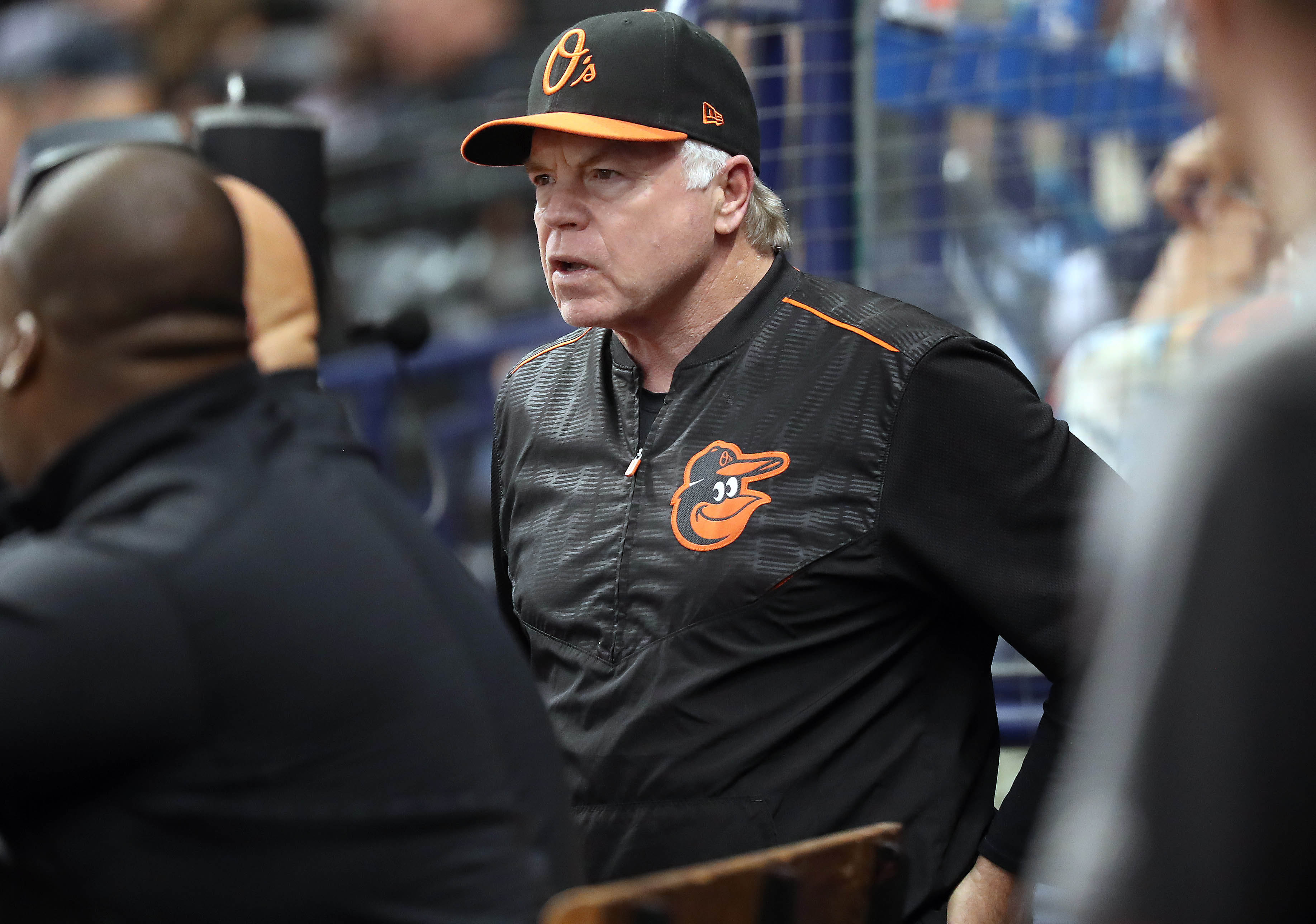
Showalter entered and immediately brought with him a stout reputation and a demand for accountability. The young players responded – whether in fear or respect – and the veterans knew that this was now serious business.
Within two years, the Orioles were in the playoffs, and my concept on how much a manager affects a club was altered dramatically. Showalter was the most prepared manager I’ve ever covered, and he rarely got beat in a baseball chess match. But it was the culture he created that was the difference maker.
The players felt like if they did their jobs, Showalter would do his, better than anyone, and they would win more than they lost. And for the five-season period between 2012-16, the Orioles won more games than any club in the American League.
The same thing happened this season in Texas with Bruce Bochy. The players trusted him fully, and, in turn, Bochy communicated with his players, kept them in the loop and maintained a steady presence from spring training until he held the World Series trophy over his head.
The first manager I ever covered was veteran Mike Hargrove, who told me two things I’ll never forget about the job: 1. Managers are hired to be fired. 2. The decisions on the field during a game are such a small part of the role, even though those are the moments that the public seize upon and can often get a manager canned.
Hargrove believed the most important aspect of managing – by a long shot – is the ability to get 26 players who are often from different cultures and backgrounds, and many of whom are in competition with each other, to work as one. The manager sets the tone and often acts a therapist, a father and a peacemaker before filling out a lineup card each day.
Therefore, I am fascinated each winter when teams look to fill managerial openings, because there is no perfect formula, no way to really know if a certain candidate is going to be the right person for the job.
The various types of MLB managers
Typically, there are three types of managers that get hired: the veteran who has had success elsewhere but ultimately got canned; the lifer who has toiled in the minors or on a big-league staff and finally gets a chance; the young buck who brings a fresh perspective and probably some major-league-playing and analytic-comprehending experience.
There’s a fourth category that pops up on occasion, and, strangely, has happened twice in roughly two weeks: A current manager switches teams without being fired.
So far this offseason, Bob Melvin was let out of his contract with the San Diego Padres to take over the San Francisco Giants job, and Craig Counsell’s contract with the Milwaukee Brewers expired and he joined the Chicago Cubs.
Both appear to be excellent hires. Melvin had done wonders in his time with the never-spending Oakland Athletics, but his tenure with the big-money Padres was rocky. Counsell, in nine seasons with the Brewers, established himself as one of MLB’s sharpest minds.
All told, there will be eight clubs with new skippers in 2024 – more than a quarter of the league. Here’s a brief look at each situation/hiring.
San Francisco Giants
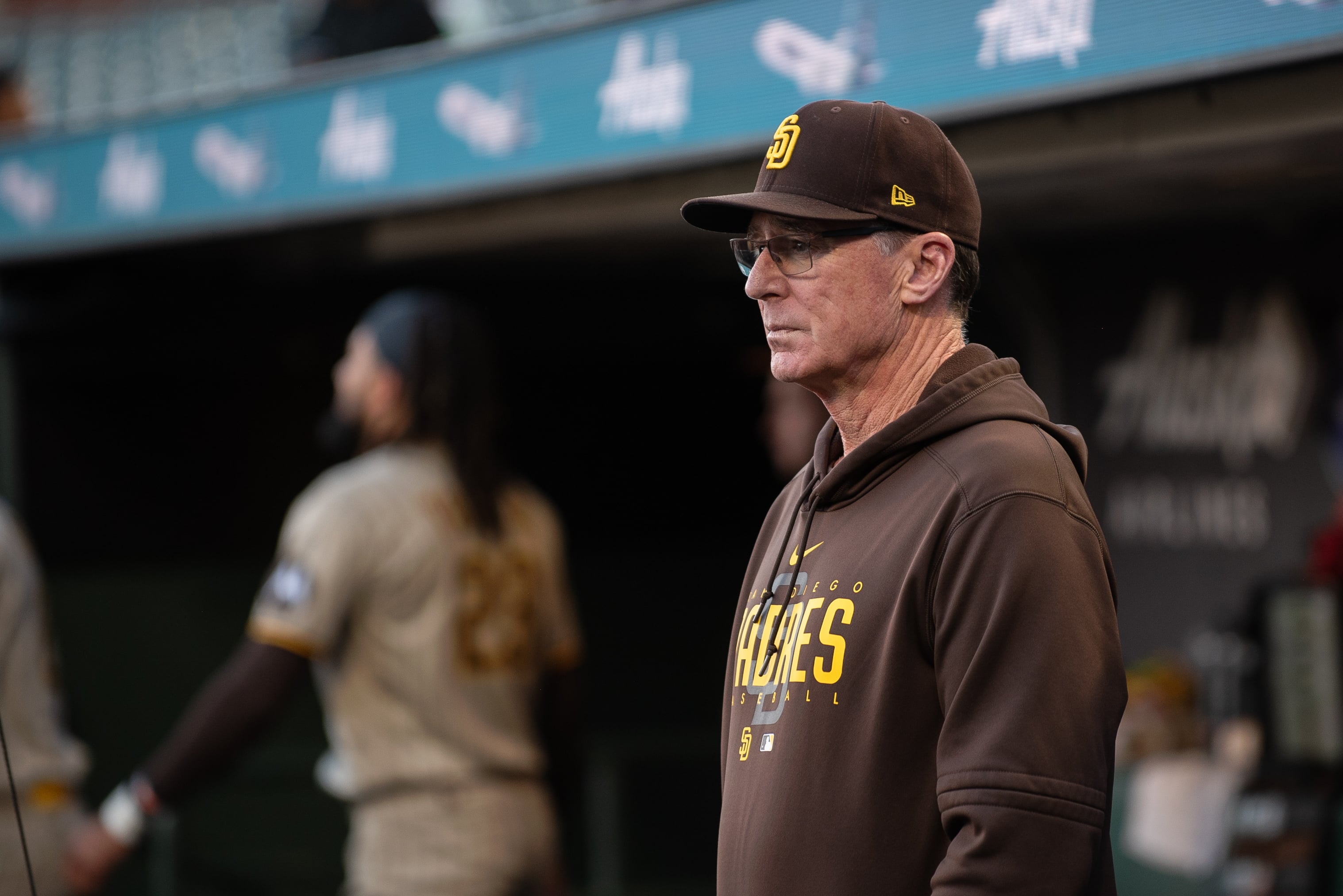
After a disappointing 79-83 record and fourth-place finish, the Giants decided to fire Gabe Kapler with the season winding down. At the time, they couldn’t have expected Melvin, a former Giant catcher, to be available. But Melvin and Padres general manager A.J. Preller couldn’t get along, so Melvin was allowed to split for Giants. The last time the Giants grabbed a former Padres manager it was Bochy, and that one worked out well. Melvin, 62, has won more than 1,500 games and three Manager of the Year awards. Great hire.
Related: Top MLB free agents 2024
New York Mets
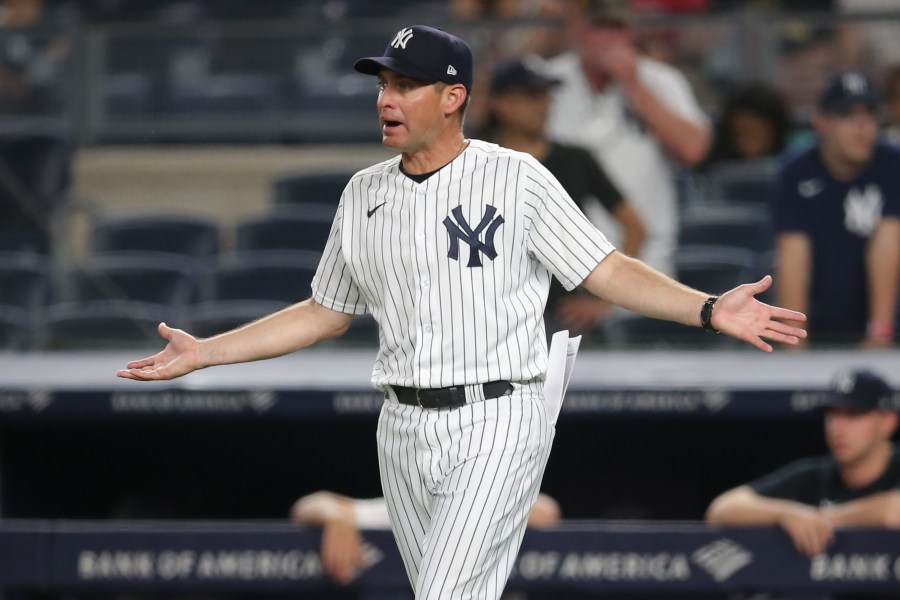
It’s surprising that Showalter, who won the National League Manager of the Year in 2022, would be let go after his club dropped from 101 wins to 75 in 2023. But the Mets wanted a fresh start with what is a kind-of, sort-of rebuilding club, and they hired 43-year-old Carlos Mendoza, who had been the New York Yankees bench coach for the past four seasons. Mendoza, a Venezuela native, spent years in the minors playing, coaching and managing. It’s great to see him get a shot, but this is a tough job, playing second fiddle to the Yankees while managing a ton of high-paid veterans. I felt like they needed a veteran touch here.
Cleveland Guardians
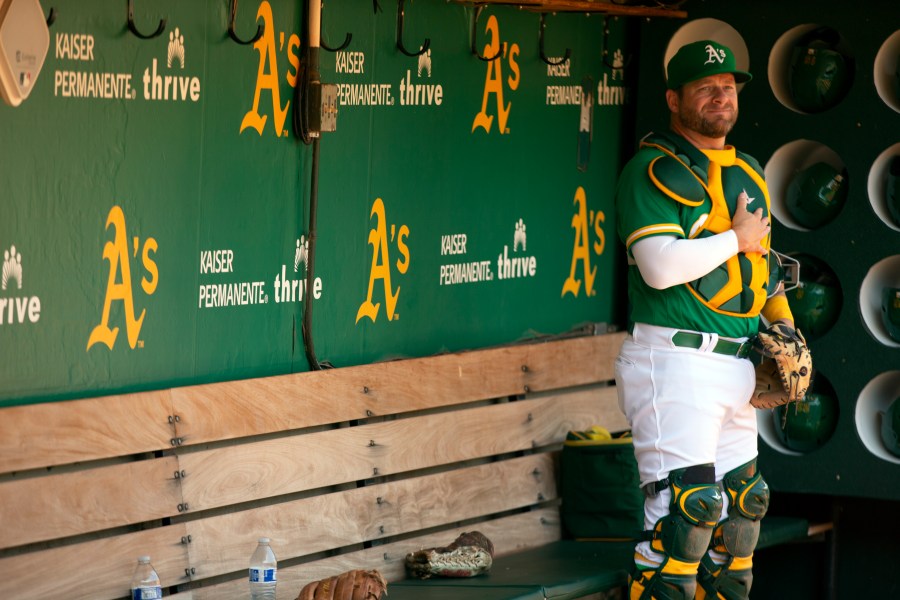
The Guardians went from old-school Terry Francona, who retired, to Stephen Vogt, who has never managed a game. Vogt is the ultimate grinder, a 12th-round pick who didn’t debut in the majors until he was 27 and then stuck around for 10 years, primarily as a reserve catcher and power bat. He seemed like he’d be a big-league manager someday, but that it happened after just one season as the Seattle Mariners’ bullpen/quality control coach is stunning. The lesson here is never dismiss what a backup catcher can achieve.
Chicago Cubs
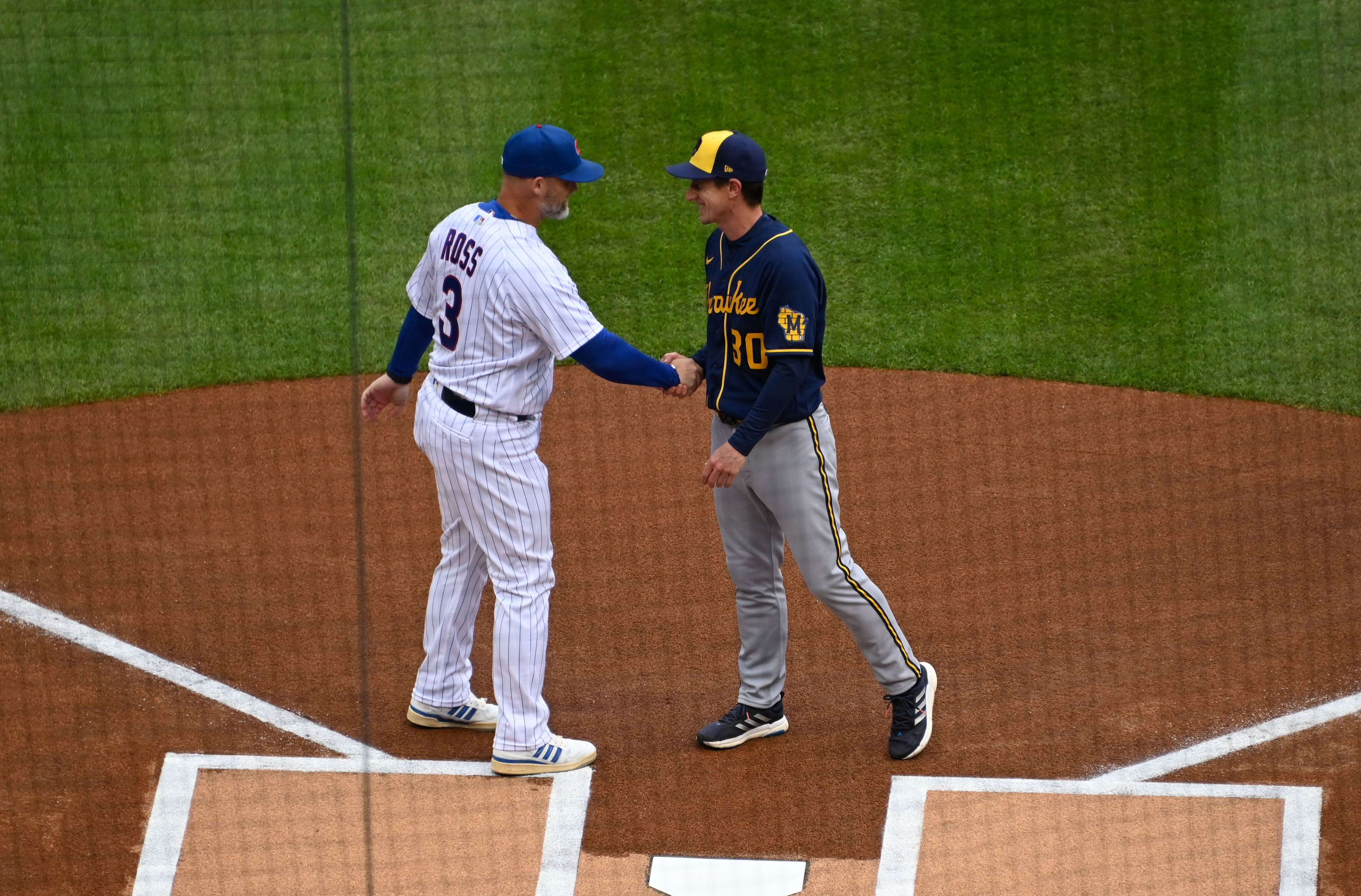
With all respect to Vogt, this was the biggest shocker of them all. I’m a little surprised the Brewers didn’t keep Counsell, who spent nine seasons with the Brewers and led them to the postseason five times. But he was seeking a larger contract and tested the free agent waters after his deal expired this year. He was rumored as the Mets’ top choice but instead signed a record five-year, $40-millon contract with the Cubs, who already had David Ross under contract. It was a bad look for the Cubs, but they wanted Counsell and acted aggressively. It’ll be intriguing to see what Counsell can do with a larger payroll and in a bigger market.
Los Angeles Angels
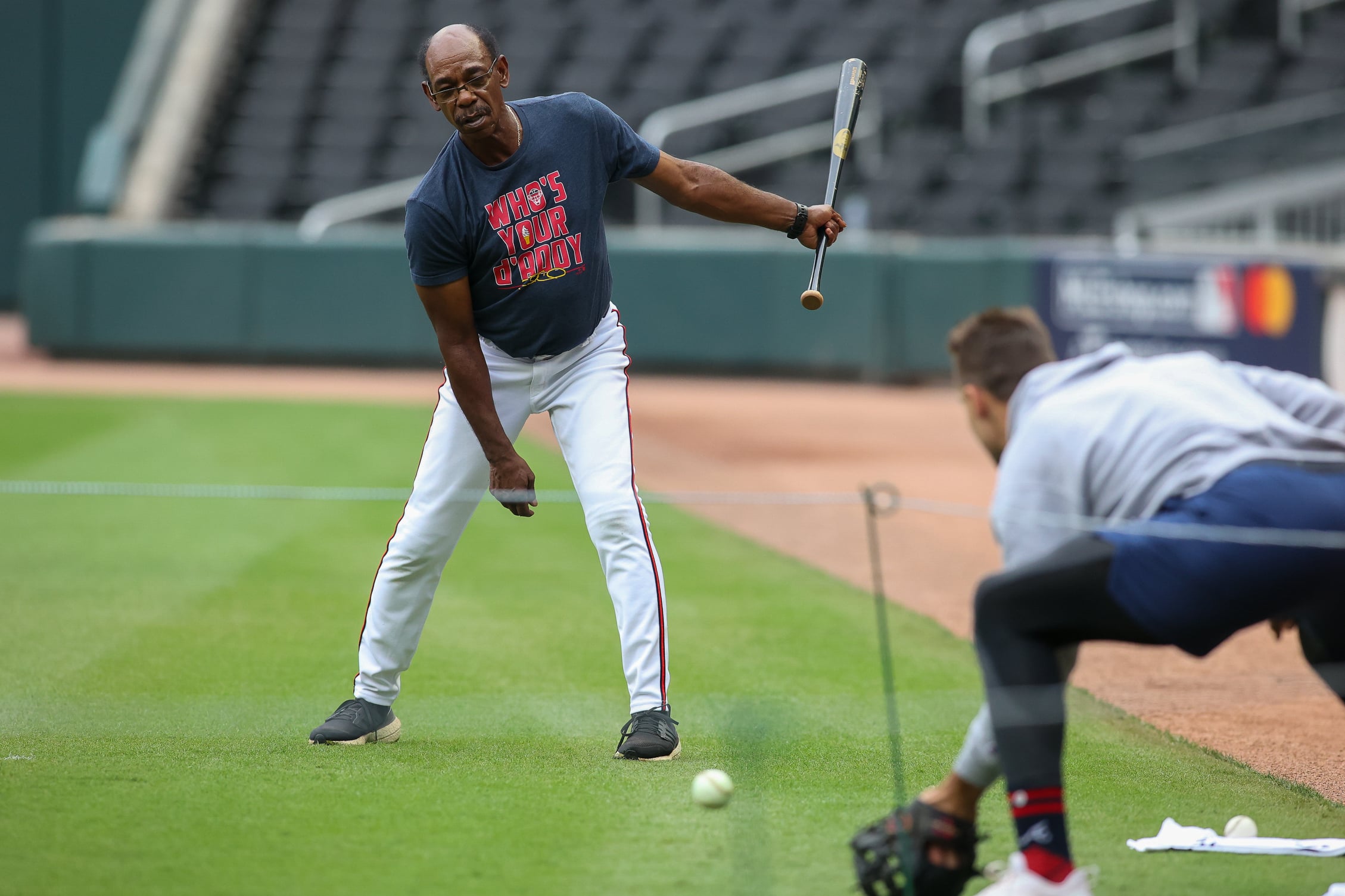
This is a tricky job because this organization has become a chronic underachiever. But many in baseball love the idea of Ron Washington finally getting a second chance to manage. Considered one of the best teachers of the game, Washington spent eight seasons with the Texas Rangers and steered them to two World Series. He was fired in 2014, the first time the Rangers didn’t have a winning record in six seasons. He never landed another manager job until now, at age 71. The baseball world is thrilled for Washington, but the post in Anaheim is one of the least desirable, given how mediocre the roster is.
Milwaukee Brewers
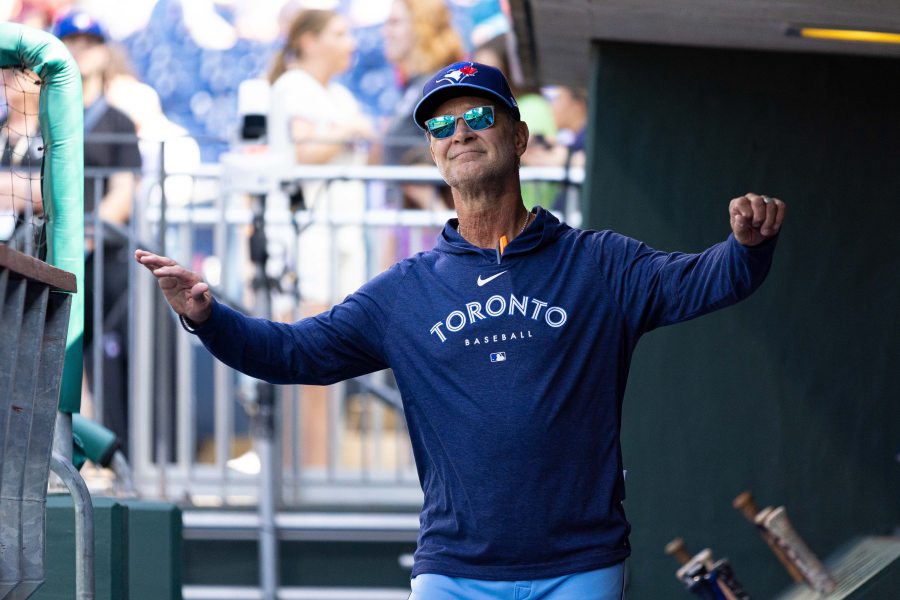
Counsell’s departure leaves one of three positions available in the majors, and this is a good one, assuming the Brewers don’t take a major step back in payroll this year. It’s a competitive roster in a division that is winnable again. This is probably a spot for a veteran manager, and former Miami Marlins and Los Angeles Dodgers skipper Don Mattingly is the current odds-leader. Mattingly, like Counsell, is a steady hand and has been around the game forever.
Houston Astros
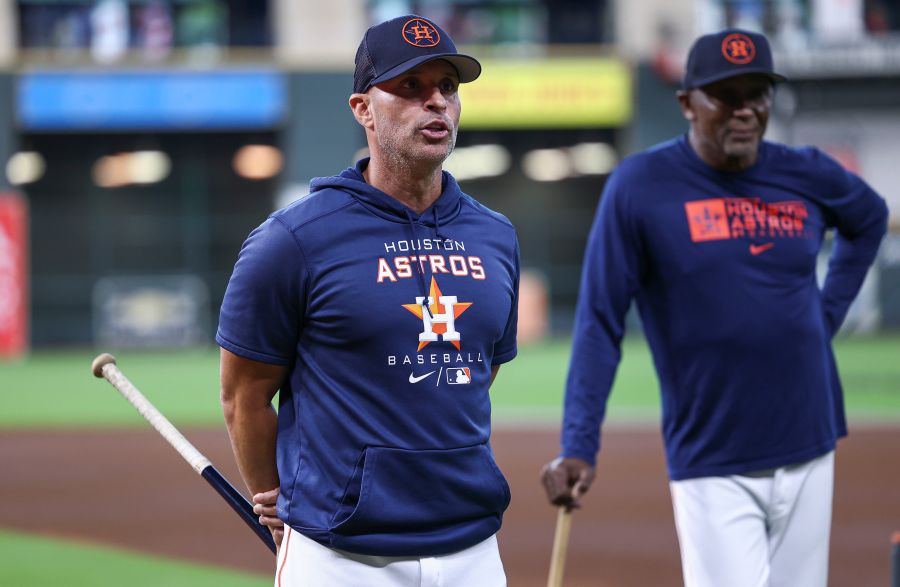
This is the best gig of the eight that turned over this offseason. Dusty Baker retired after the Astros lost in the ALCS, the franchise’s seventh straight trip to at least the championship series. The easiest – and possibly smartest – decision is to hire Joe Espada, who has been the team’s bench coach since 2018 and has been one of the most interviewed candidates in the past five years. Espada would provide a seamless transition with the current players, but Astros GM Dana Brown may want to put his own stamp on the position.
San Diego Padres
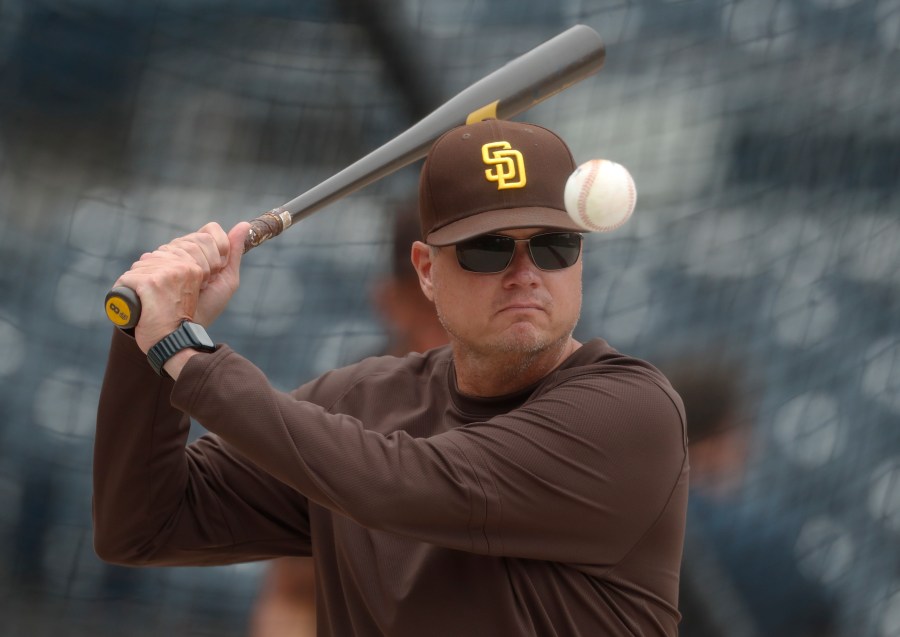
Well, there is a lot of money here and plenty of talent. It’s not a job for the tepid, however. Preller is a strong personality who has rifled through the managerial shelves during his tenure. The roster is filled with superstars, but the cohesiveness of the clubhouse remains a question. The leading candidates appear to be from inside: Padres bench coach Ryan Flaherty and senior advisor Mike Shildt. If the Padres want experience, Shildt, 55, spent parts of four seasons with the St. Louis Cardinals, managing them to a division title in 2019. Flaherty, 37, hasn’t managed, but he spent eight years in the majors, learning from Showalter, Francona and Atlanta’s Brian Snitker. Flaherty’s father, Ed, has managed at the University of Southern Maine for four decades.
Dan Connolly is an MLB Insider for Sportsnaut. Follow him on Twitter.
